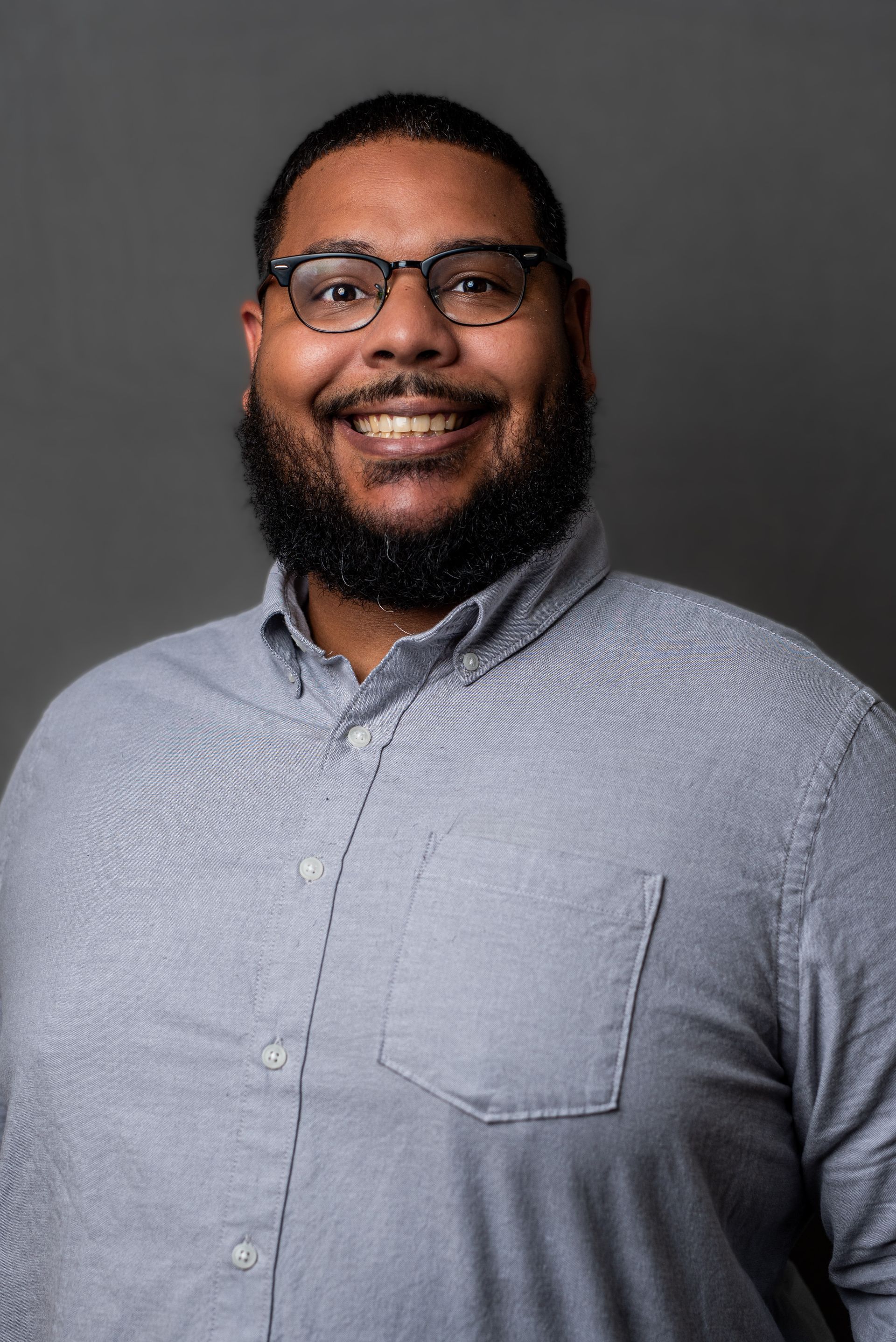Peter Irizarry
Licensed Social Worker / Therapist

Peter Irizarry
At a Glance
Words to Live By
We are all more than the worst thing we've ever done. [Bryan Stevenson,
Just Mercy: A Story of Justice and Redemption]
Specialties and Expertise
Cognitive Behavioral Therapy for people suffering with anxiety, marital issues, substance abuse disorder
Client Focus
Adults
Professional History
- Community Medical Center (Tom’s River), Social Worker
- RWJBarnabas Health, Patient Access Specialist
- George Washington University Hospital (Washington DC), Mental Health Technician
- Northspring Behavioral Hospital (Leesburg, VA), Mental Health Specialist
- Community Medical Center, Mental Health Associate
Education
- Master of Social Work (MSW), Kean University
- Bachelor of Arts in Sociology, Kean University
Peter’s Story
My passion for helping individuals with substance abuse disorders at the outset of my career in mental health pushed me to “want to help those individuals more,” and precipitated a return to school and a Master of Social Work degree (MSW).
“It was just amazing to see someone move from struggling with substance use every single day to being able to get their children and life back – and being a part of that by being a supportive audience helping them through their struggle. That persistence I see in people motivated to improve their mental health supports my world view that every day is a new day to take a chance and work toward growth.
I use a Cognitive Behavior Therapy approach and work with patients struggling with anxiety and marital and communications issues. I give individuals simple tools that they can incorporate into their daily lives, helping them understand that it isn't going to be a cure all and not an overnight process. “But it is going to be a process, and if they are willing to engage and work on themselves, I'm always willing to meet them where they are.”
Everyone at
Modern Psychiatry devotes themselves to their clients and their caseloads, and I’m proud to be part of this team. Plus, the hybrid practice which includes virtual sessions, makes it easier than ever before for someone to get help and support. “That virtual aspect alone improves access and breaks down barriers of those who are challenged by social anxiety and may likely experience difficulty meeting face-to-face.”

